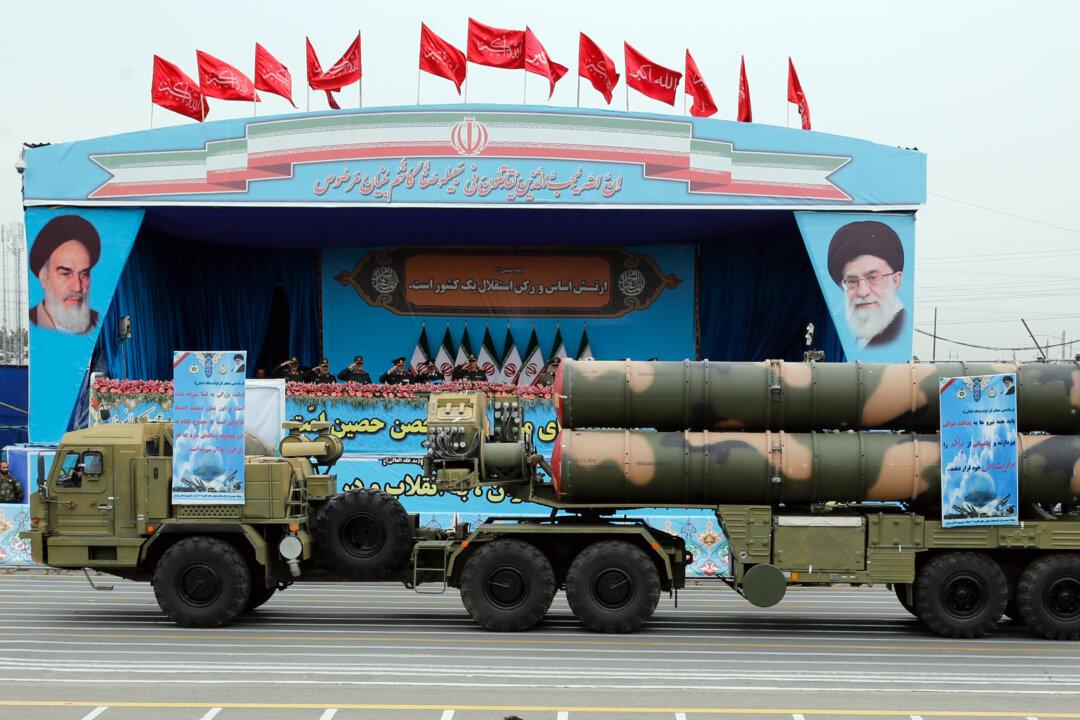The Trump administration sanctioned iron, steel, aluminum, and copper exports from Iran on May 8, choking off Tehran’s second-largest source of revenue.
The White House’s announcement was timed with the one-year anniversary of Trump’s withdrawal from the previous administration’s Iran nuclear deal. Metals make up 10 percent of the Islamic regime’s exports. After the withdrawal, the United States imposed sanctions on Iran’s oil and petrochemical exports, the regime’s top source of revenue.





